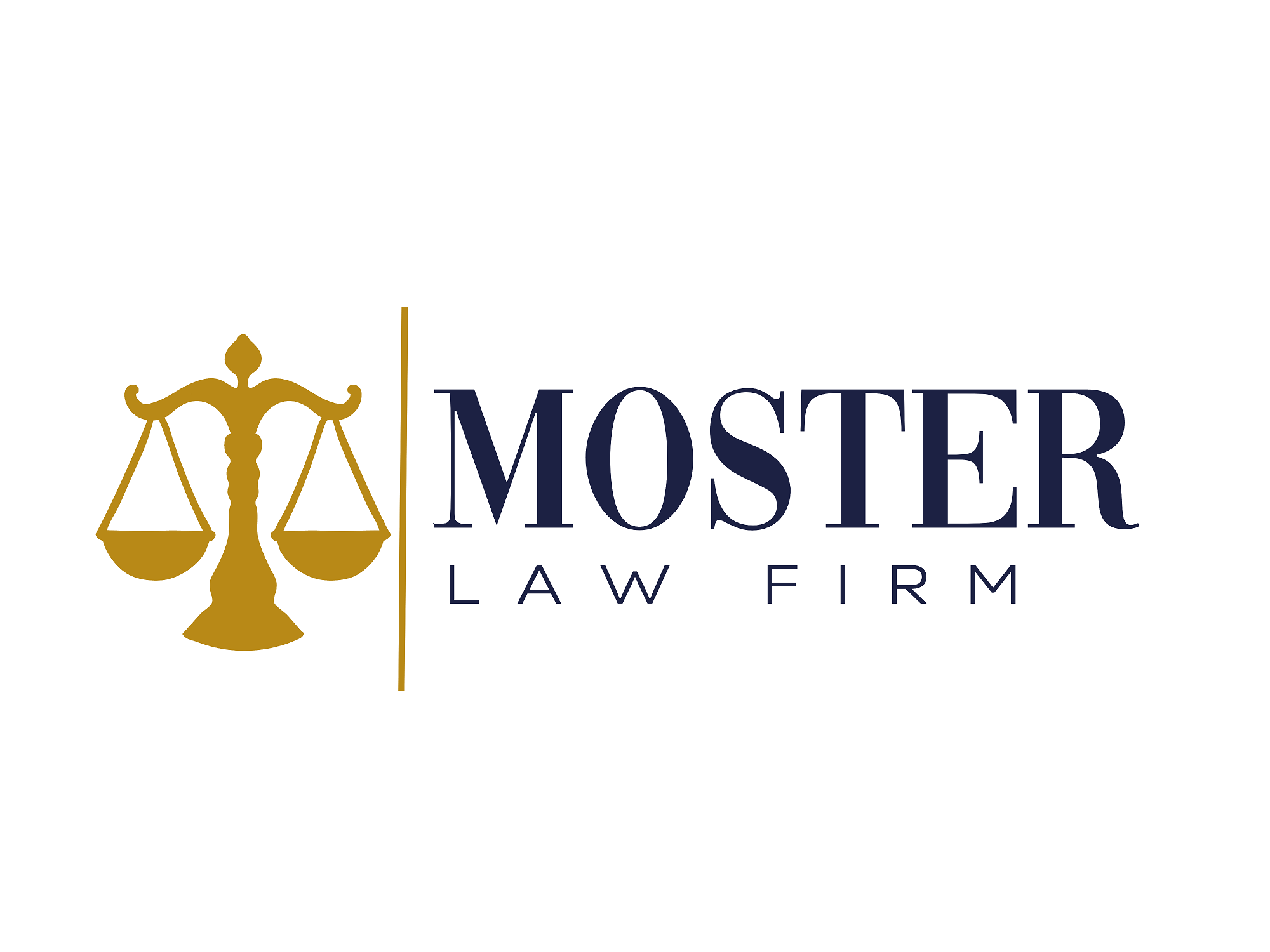It’s very disconcerting to learn that many clients destroy their chances of winning a lawsuit before the first shot is even fired! The problem is that clients have no idea how to protect their confidential communications from being disclosed to their adversaries. Without this knowledge and some planning in advance of filing the lawsuit, clients can be compelled to turn over emails and other incriminating documents to the other side. Obviously, the consequences of such disclosure could be devastating. Here are a few tips to consider in protecting your confidential information.
Emails are Discoverable– The word “discovery” or “discoverable” often comes up in litigation and may seem baffling to a non-lawyer. The concept is quite simple and refers to information the suing party (plaintiff) or defending party (defendant) can gather in the litigation process to develop their case. Discovery relates to all information in any form whether emails, voicemails, snail mail, even the hard drive of your computer – which contain data “relevant” to the lawsuit. The scope of “relevant” is incredibly broad and means that any information which could lead to admissible evidence in a case is fair game. Typically, the most relevant information in a lawsuit is the emails from both sides leading up to the filing of the lawsuit and thereafter. All of these emails must be turned over to the other side unless there is a legal basis for non-disclosure.
Privileged Information– The only basis to refuse disclosure of emails or other relevant evidence is for your lawyer to argue that a legal justification for withholding such information exists. There are various justifications for this including attorney-client communications, proprietary information, and other privileges. The most iron-clad basis for non-disclosure is the attorney-client privilege which protects all communications between the client and her attorney. A client can literally admit liability in an email and it does not have to be disclosed if it is directed to the attorney. That said, if a client adds a third party to the cc of the email (for example, a family member) – the privilege is lost. This is a tricky business and needs to be explained in detail by the attorney. Finally, the key area of vulnerability is when clients email communications to each other. These communications are NEVER protected, even after an attorney is hired. Best to communicate via telephone but NOT text (as that creates a discoverable document).
What if the emails are deleted? – Never go there! Evidence cannot be destroyed at any time in the litigation process. The law condemns such practice and can rule that if key evidence “disappears” – the other side can infer that it was incriminating and use it for such purpose. The court refers to such bad acts as the “Doctrine of Spoilation”. Other than being the absolute wrong thing to do, emails and other electronic evidence is never really deleted in this digital age. Believe me, a copy of it exists somewhere whether embedded on your hard drive or copied and stored in the cloud somewhere.
Bottom Line – All communications in objective form (written, digital, or sound) can be obtained by the other side if litigation ensues. Don’t create a record which damages your case before litigation commences. If you are serious about investigating whether a lawsuit should be filed, visit an experienced attorney.

